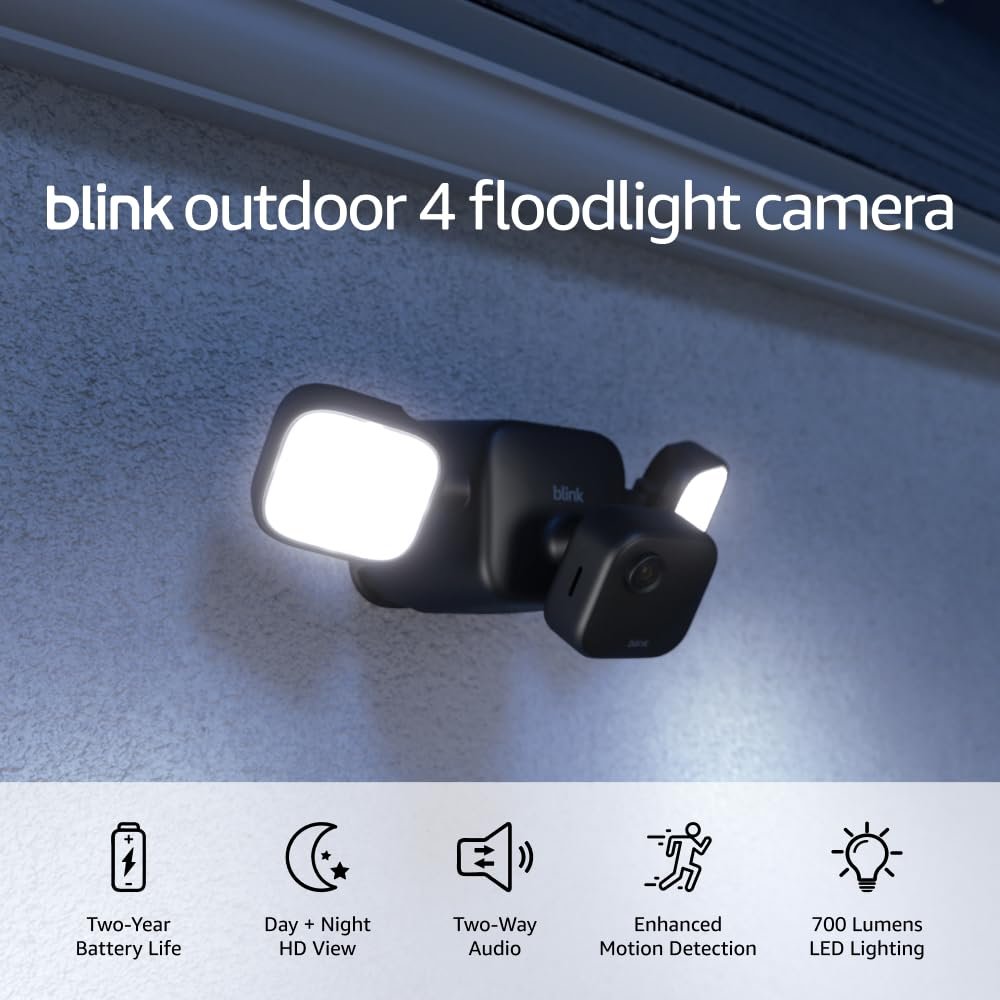Have you ever wondered how you can transform your living space into a smart home brimming with convenience and efficiency? In this digital era, smart home technology has revolutionized how we interact with our environment, offering gadgets that enhance comfort, elevate security, and boost energy efficiency. Whether you own your home, are renting, or simply exploring modern living possibilities, integrating smart devices can offer endless perks tailored to your lifestyle. Let’s unravel the steps and considerations involved in transforming your house into a smart haven that aligns with your needs and aspirations.
Understanding Smart Home Technology
Before diving into the nuts and bolts of setting up a smart home, it’s essential to grasp what smart home technology entails. At its core, a smart home uses internet-connected devices to enable remote management and monitoring of systems and appliances such as lighting, heating, security cameras, and more. This integration allows for efficient and convenient control, often through a smartphone app or voice commands using assistants like Alexa, Google Assistant, or Siri.
These devices are designed to communicate with each other and with you, offering insights and automation that simplify daily tasks. Imagine controlling your lights, adjusting your thermostat, or checking in on your pets, all from your smartphone, regardless of your location.
Weighing Costs and Value
Switching to a smart home setup isn’t just about obtaining the coolest gadgets; it involves considering the financial aspect. Initially, you may face costs for purchasing devices and potentially hiring professionals for installation. However, the long-term savings and increased property value often justify these initial expenditures.
Long-term savings arise from energy-efficient systems like smart thermostats or lighting that reduce utility bills. Moreover, a well-equipped smart home might command a higher valuation, attracting tech-savvy buyers if you plan to sell in the future.
Compare and Contrast Various Smart Devices
You have a myriad of smart devices to choose from, each serving unique purposes. From standalone gadgets to integrated systems, knowing the differences can help you make informed choices.
| Device | Function | Example Brands |
|---|---|---|
| Smart Speakers | Voice control and automation hub | Amazon Echo, Google Home |
| Smart Lights | Remote-controlled lighting | Philips Hue, Lifx |
| Smart Thermostats | Manage home temperature for comfort and savings | Nest, Ecobee |
| Smart Cameras | Enhance security with live monitoring | Arlo, Ring |
| Smart Locks | Keyless entry and enhanced security | August, Schlage |
| Smart Plugs | Turn devices on/off remotely | TP-Link, Wemo |
| Smart Appliances | Efficient operation of home appliances | Samsung, LG |
Each device offers unique benefits, and understanding their roles can help tailor your smart home to meet specific needs and preferences.

Practical Setup Guides
Choosing Your Smart Home Hub
A smart hub acts as the nerve center of your smart home, coordinating communication between devices and your control interface. When choosing a hub, consider compatibility with existing or intended devices. Popular hubs include Samsung SmartThings, Apple HomeKit, and Amazon Echo Plus.
Installing Smart Devices
Begin by identifying areas of your home where smart devices will offer the most value. If security is a priority, start with smart locks and cameras. For energy efficiency, focus on smart lighting and thermostats. Here’s a step-by-step to get you started:
-
Smart Thermostat: Replace your existing thermostat with a smart model. Follow the manufacturer’s instructions for wiring and setup, then connect it to your Wi-Fi.
-
Smart Lighting: Replace standard bulbs with smart ones. You can control these via an app or smart assistant.
-
Smart Security Cameras: Install cameras at key access points. Connect to Wi-Fi and set up feeds accessible through your smartphone.
-
Smart Door Locks: Install smart locks on your primary door. Follow setup protocols to ensure proper function and security.
Ensuring Security and Privacy
While smart homes offer many conveniences, they also present potential security concerns. Safeguarding your network and devices is critical:
- Use Strong Passwords: Regularly update passwords for Wi-Fi and smart devices to prevent unauthorized access.
- Secure Wi-Fi: Ensure your home network is encrypted and hidden, adding a layer of protection.
- Regular Updates: Keep software and firmware for devices up-to-date to protect against vulnerabilities.
Additionally, be mindful of the data-sharing policies of your chosen devices and services.
Energy Efficiency and Sustainability
One of the compelling benefits of smart homes is their ability to conserve energy. Devices like smart thermostats, lighting, and power strips can adapt based on usage patterns, reducing waste for both electricity and heating.
Sustainable Living with Smart Devices
By optimizing energy consumption, smart homes contribute to a reduced carbon footprint:
- Smart Thermostats: They learn your schedule and adjust heating and cooling accordingly, optimizing comfort and savings.
- Smart Lighting: With sensors and timers, lights turn off when not in use, saving electricity.
- Smart Power Strips: Automatically cut power to devices in standby mode, reducing unnecessary energy use.
These systems not only foster convenience but also promote environmental responsibility through efficient resource use.

Navigating Compatibility and Connectivity
A critical factor in smart home success is ensuring all devices work harmoniously. Compatibility relates to the ability of multiple devices to connect and communicate seamlessly.
Integrating Devices
For seamless integration, choose devices that are compatible with your central hub and preferred voice assistant. Most modern devices support popular platforms and can be easily incorporated into existing setups.
- Check Compatibility: Before purchase, verify that new devices align with your hub or ecosystem.
- Unified Control: Utilize apps or voice control to manage all devices from a single interface.
Future-Proofing Your Smart Home
The world of smart home technology is rapidly evolving, bringing new innovations and trends. Keeping your home future-proof involves flexibility and awareness of upcoming advancements.
Emerging Trends
Look out for these key technological advancements shaping the future of smart homes:
- AI Integration: Artificial Intelligence will enable smarter automation and predictive maintenance.
- IoT Expansion: More devices will connect online, offering greater control and efficiency.
- Enhanced User Interfaces: Innovations in app design and voice recognition will streamline device interaction.
Keeping your system adaptable will ensure it continues to meet your needs as technology progresses.
Investment Viability for Smart Homes
Determining if a smart home investment aligns with your lifestyle and financial plans is crucial. Consider the following aspects:
- Initial and Maintenance Costs: Beyond upfront expenses, consider the cost of device maintenance and potential upgrades.
- Resale Value: Smart features can add appeal and value to a property, a consideration for future sales.
- Personal Convenience and Benefits: Weigh the personal value of enhanced security, comfort, and efficiency against the costs involved.
Making a well-informed decision involves balancing potential financial benefits with the practical advantages smart technology provides.
Final Thoughts
Transforming your home into a smart home is a journey of embracing innovation and convenience. From understanding the scope and impact of smart devices on daily life to the strategic implementation and foresight into future trends, rolling out the smart home blueprint tailored to your needs is empowering. As you ride the wave of technology to craft an intelligent and efficient living environment, the benefits you reap in energy savings, enhanced security, and simplified lifestyle can be incredibly rewarding. Whether you’re just starting or looking to expand your setup, the smart home universe is user-friendly and ever-expanding, ready to elevate the everyday experience to something extraordinary.




